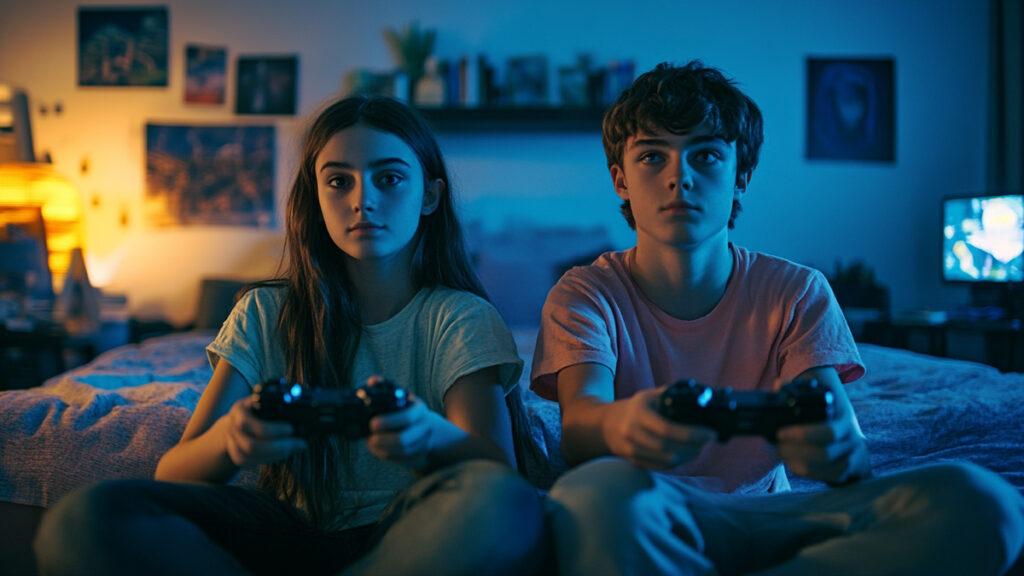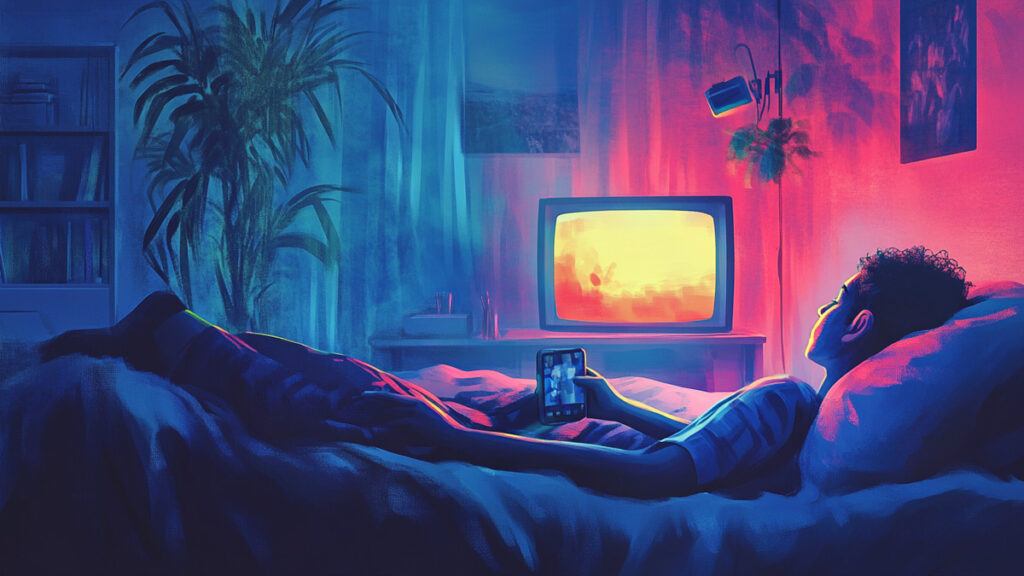It’s no secret that being a teen comes with its own set of challenges. Between figuring out friendships, school, and who you are as a person, things can get a little tricky. Unfortunately, some bad habits can form along the way that might seem harmless at first but can end up causing bigger problems down the road. In a city like Las Vegas, where there’s never a dull moment, the temptation to stray off the right path can be even stronger. But let’s get real — it’s not all bad news. There are ways to break these habits and find a better groove, whether you’re a teen or a parent trying to help. Let’s break it down.
Table of Contents
Gaming and Tech Overload: Fun or a Problem?

We’re living in the digital age, so it’s no surprise that gaming and tech have become huge parts of our lives. But when a hobby starts taking over everything else — like sleep, schoolwork, or even face-to-face friendships — it’s a sign that the balance is off. Sure, gaming is fun, and there’s nothing wrong with enjoying it. The problem is when you lose track of time and start skipping out on responsibilities. This can lead to bad grades, poor health, and even social isolation. Teens are plugged into a world that’s constantly online, but too much screen time can trap them in unhealthy loops.
Parents might think taking away the devices is the answer, but that can backfire. Instead, setting limits and encouraging real-world activities can help balance things out. Whether it’s getting involved in sports, learning an instrument, or hanging out with friends IRL, finding new ways to spend time can make all the difference.
Substance Use: Addressing the Real Cause
In a city like Vegas, where the party culture is right around every corner, teens can be exposed to substances earlier than expected. It’s easy to think that experimenting with alcohol or drugs is just a “rite of passage” — something everyone tries once. But for some teens, it can spiral into more serious issues. And sometimes, substance use is masking bigger problems like anxiety, depression, or a struggle with identity.
That’s why it’s crucial to focus on what’s really going on. If a teen is turning to substances, they’re likely looking for an escape or a way to cope. Addressing the root cause is key to breaking this bad habit. Searching for solutions doesn’t have to be complicated. Parents can start by reaching out for professional help. In fact, you can search online for an adolescent IOP that can provide the help they need. Programs like these can offer support and teach healthier ways to handle stress and emotions. It’s all about showing teens that there’s a better way forward and that they don’t have to face challenges alone.
Skipping School: Short-Term Thrills, Long-Term Consequences
Skipping class might seem like a fun idea at the moment. Who wouldn’t want to ditch a boring lecture for a day at the mall or hanging out with friends? But over time, those “free days” can start to add up, and before you know it, your grades are in the tank, and catching up feels impossible. It’s one of those bad habits that sneaks up on you because it starts off small, and then suddenly, you’re in a hole too deep to climb out of easily.
Here’s the thing — avoiding school can sometimes be more than just laziness. Like a creative writing contest, school might not feel like a competition you want to enter every day, but skipping it entirely is rarely the answer. It’s important to dig deeper and figure out why a teen might not want to go. Are they struggling with certain subjects? Are they being bullied? Or are they feeling disconnected? Once you uncover the “why,” it becomes easier to find solutions that make school more bearable, if not enjoyable. It’s all about finding the motivation that clicks and helping them see the bigger picture.
Late Nights, No Sleep: Sleep Deprivation’s Secret Toll

Sleep is one of the most underrated parts of staying healthy. But for teens, the appeal of staying up late — whether it’s to watch YouTube videos, play video games, or scroll through social media — can be too strong to resist. The thing is, without enough rest, the brain doesn’t function the way it should. It affects everything from mood to concentration to how well you can perform in school or sports.
Lack of sleep can also lead to more impulsive decisions, which means teens might engage in riskier behavior simply because they’re not thinking things through. Building better sleep habits, like setting a consistent bedtime or cutting out screen time an hour before bed, can work wonders. It might not seem like much, but getting enough rest can completely change the way you feel — and how well you handle daily challenges.
Social Media: Friend or Frenemy?
Social media is a double-edged sword. On one hand, it’s a way to stay connected with friends, keep up with trends, and express yourself. On the other hand, it can be a breeding ground for comparison, cyberbullying, and feeling like you’re never quite “enough.” Teens today are growing up in a world where likes, followers, and comments can feel like a measure of self-worth, but it’s important to remember that what we see online isn’t always reality.
Breaking the bad habit of constantly checking social media can be tough, but it’s not impossible. One strategy is to take social media breaks or set time limits to keep it from consuming your day. It’s also helpful to fill your feed with positive influences and people who make you feel good about yourself rather than accounts that fuel insecurity. Ultimately, social media should be a tool for connection, not a source of stress.
Small Changes Lead to Big Wins
Breaking bad habits doesn’t happen overnight, but it’s definitely possible. Whether it’s gaming less, avoiding substances, getting back on track with school, sleeping better, or navigating social media more mindfully, every small step counts. For teens in Vegas, where temptations might be higher, it’s all about finding balance and learning to make choices that set you up for success.
Image credit: The images in this article are copyright of VegasNews.com





